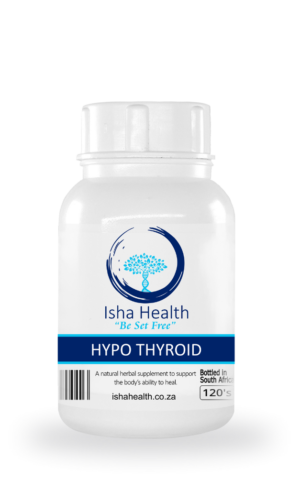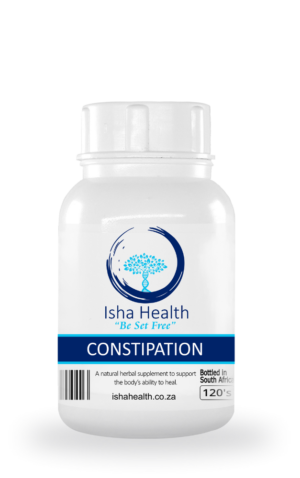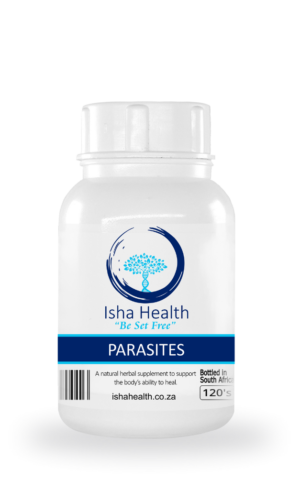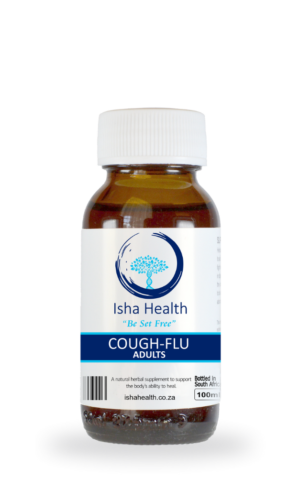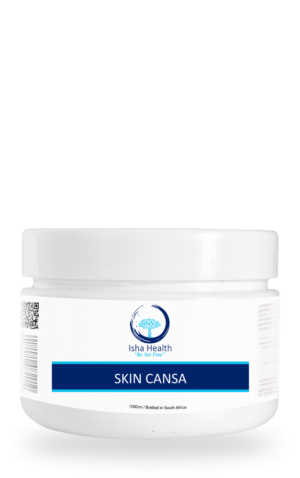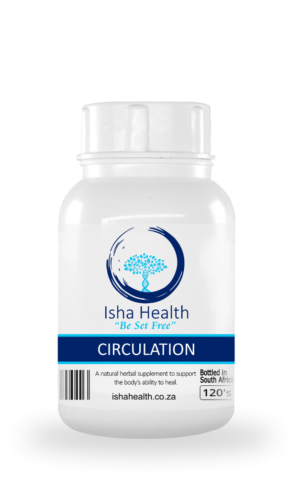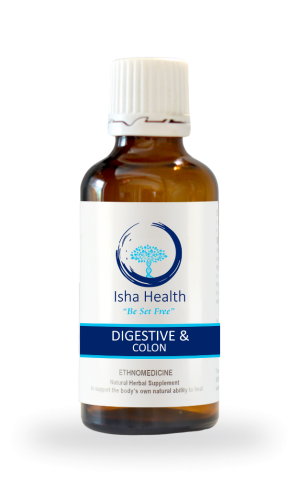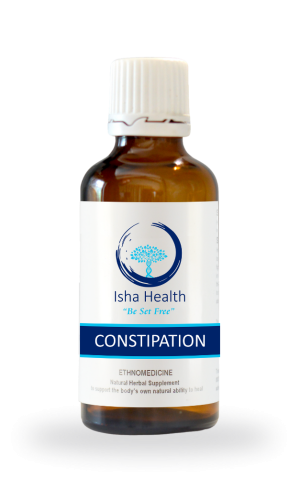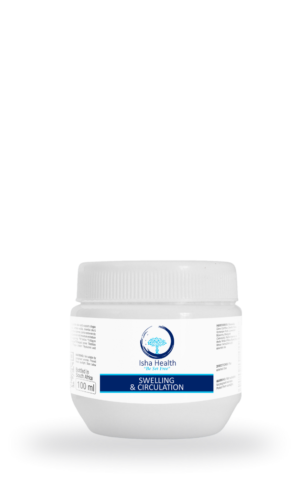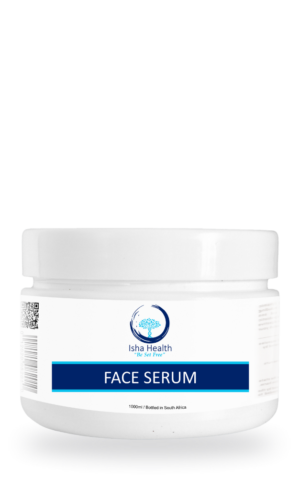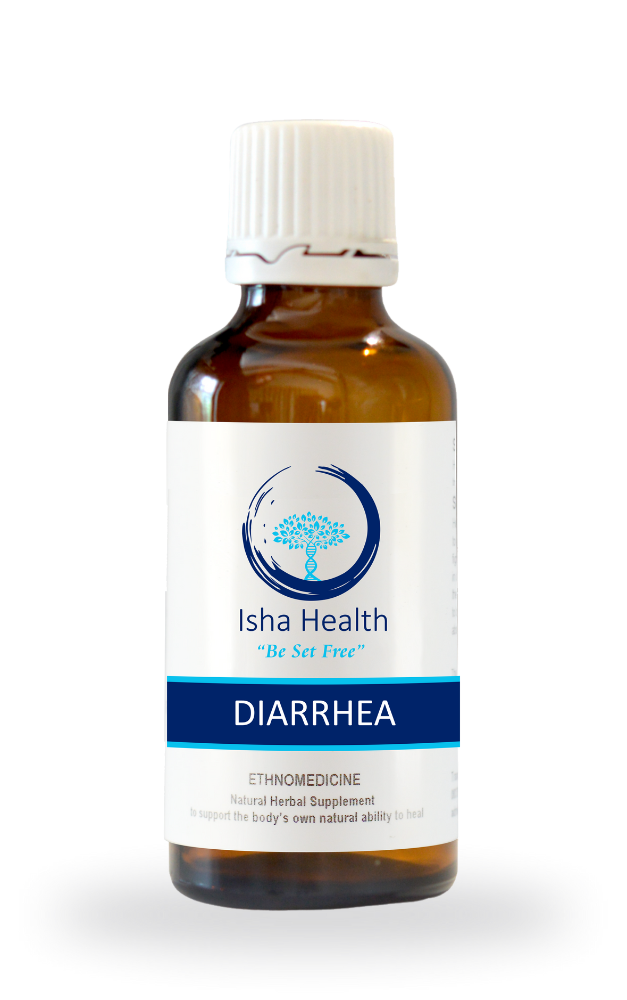
Description
Directions for Use
Ingredients
Warning
Technical Information
Our Natural Herbal Diarrhea Supplement is a carefully formulated remedy to alleviate diarrhea, soothe upset stomachs, and combat infections. Crafted to promote digestive health, it helps restore normal bowel function, easing discomfort effectively.
This supplement harnesses the synergistic benefits of botanical ingredients renowned for their anti-inflammatory, anti-bacterial, and digestive support properties. It works to create a balanced environment in the digestive tract, facilitating the body’s natural healing processes and providing relief from symptoms associated with diarrhea.
6-8 x sprays 3x daily
1 x Spray = 4 drops
20 minutes before meals.
Children over 4-12 years:
2x sprays or 8 drops 3x daily
Children over 12-16 years:
The same as adults.
If severe: Adults 1-2 teaspoons
Agrimony
Aloe
Astragalus
Calendula
Clove
Cinnamon
Fennel
Ginger
Marshmallow root
Peppermint
Potassium
Slippery Elm
Turmeric
Wormwood
Other African Herbs
Alcohol (Tincture)
Agrimony: Eases diarrhea and addresses cholera concerns.
Alfalfa: A natural support for managing diarrhea.
Aloe: Counters E. coli impact and aids in healing the digestive system lining.
Astragalus: Assists in handling gastritis.
Calendula: Works against E. coli, offering digestive relief and aiding in yeast infections and diarrhea.
Cloves: Alleviates diarrhea, upset stomach, gas, nausea, and vomiting. Effective against parasites and prevents dehydration in cholera.
Ginger: Relieves nausea, combats inflammation, blocks toxic bacteria causing diarrhea, and soothes the stomach. Known for addressing serotonin-induced diarrhea and considered a ‘cure for cholera.’
Marshmallow Root: Relieves various digestive issues, including heartburn, acid reflux, diarrhea, and constipation, by providing a protective coating to the stomach and esophagus lining.
Peppermint: Addresses diarrhea, IBS symptoms, constipation, bloating, and abdominal pain. Acts as a natural anti-spasmodic and soothes the digestive tract, reducing loose stools.
Cinnamon: Alleviates flatulence, dyspepsia, intestinal colic, nausea, vomiting, and E. coli concerns.
Fennel: Soothes upset stomach, flatulence, and diarrhea. Effective against E. coli.
Green Tea: Offers a natural remedy for diarrhea and Helicobacter pylori infection, relieving stomach pain, nausea, and bloating. Addresses various stomach issues.
L-Glutamine: Aids in repairing the digestive tract, particularly for individuals with chronic diarrhea.
Potassium: Essential, especially when lost through diarrhea, preventing weakness.
Slippery Elm: Addresses upset stomach, food poisoning, colitis, and diarrhea. The mucilage forms a protective gel.
Turmeric: Contains curcumin, reducing bowel movements, diarrhea, and stomach pain, particularly in Crohn’s disease.
Vitamin A: Research shows Vitamin A supplementation may reduce child deaths and measles. Oral vitamin A reduces diarrhea deaths and incidences in children.
Vitamin B3: Essential for preventing diarrhea, often found in malnourished individuals and alcoholics.
Walnut Leaves: Astringent properties combat diarrhea due to a high tannin content.
Wormwood: Assists in relieving Crohn’s disease symptoms, including diarrhea, fatigue, and abdominal cramps.
Zinc: Recommended by WHO for acute diarrhea, supporting natural recovery. Dosages vary by age, aiding the body’s healing processes.
Zinc usage for children: (20mg zinc for 10-14 days for children over 6 per day recommended by WHO for acute diarrhea.
Breast-feeding females—15 mg per day.
Children 7 to 10 years of age—7 to 9 mg per day.
Children 4 to 6 years of age—5 mg per day.
Children birth to 3 years of age—2 to 4 mg per day.
Not suitable for pregnant woman,breastfeeding women
Diarrhea is a common digestive condition characterized by loose or watery stools, often accompanied by increased frequency of bowel movements. It occurs when the digestive system is unable to properly absorb water from the stool, leading to an excess of fluid in the intestines. Diarrhea can be caused by various factors, including infections, dietary issues, medications, and underlying medical conditions.
The digestive process involves the breakdown of food in the stomach and small intestine, with the absorption of nutrients and water. In normal circumstances, the large intestine absorbs excess water from the stool, resulting in the formation of well-formed feces. However, in the case of diarrhea, this absorption process is disrupted.
Several mechanisms can lead to diarrhea:
- Infections: Viruses, bacteria, or parasites can cause irritation and inflammation in the digestive tract, leading to increased fluid secretion and reduced absorption.
- Inflammatory Conditions: Chronic conditions like inflammatory bowel disease (IBD) or Crohn’s disease involve inflammation of the intestinal lining, disrupting normal absorption processes.
- Malabsorption: Certain conditions, such as lactose intolerance or celiac disease, can interfere with nutrient absorption, contributing to diarrhea.
- Toxins and Medications: Ingesting certain toxins or medications can irritate the digestive tract, resulting in diarrhea as a defensive response.
- Nervous System Influence: Stress, anxiety, or certain neurological conditions can affect the functioning of the intestines, leading to diarrhea.
When diarrhea occurs, the transit time of food through the digestive system is accelerated, limiting the absorption of water and nutrients. This results in the passage of loose or liquid stools. The body may also increase fluid secretion into the intestines to flush out harmful agents, contributing to the watery consistency of diarrhea.
It’s important to address the underlying cause of diarrhea, as chronic or severe cases can lead to dehydration and nutrient deficiencies. Hydration, dietary adjustments, and, in some cases, medical intervention are commonly employed to manage and resolve diarrhea.
Diarrhea can be a symptom of various diseases and disorders, ranging from mild and temporary conditions to more severe and chronic illnesses. Some common causes of diarrhea include:
- Gastroenteritis: Inflammation of the stomach and intestines, often caused by viral or bacterial infections. Commonly known as the stomach flu.
- Inflammatory Bowel Diseases (IBD):
- Crohn’s Disease: Chronic inflammation of the digestive tract.
- Ulcerative Colitis: Inflammation and ulcers in the colon and rectum.
- Irritable Bowel Syndrome (IBS): A functional gastrointestinal disorder characterized by abdominal pain, bloating, and changes in bowel habits, including diarrhea.
- Celiac Disease: An autoimmune disorder where ingestion of gluten damages the small intestine, leading to malabsorption and diarrhea.
- Lactose Intolerance: Inability to digest lactose, a sugar found in milk and dairy products, leading to diarrhea after consuming such products.
- Food Poisoning: Ingestion of contaminated food or water, often caused by bacteria, viruses, or parasites.
- Medication Side Effects: Some medications, especially antibiotics, can disrupt the balance of gut bacteria and cause diarrhea.
- Hyperthyroidism: Overactive thyroid gland can lead to increased bowel movements and diarrhea.
- Malabsorption Syndromes:
- Short Bowel Syndrome: Insufficient absorption of nutrients due to a shortened small intestine.
- Pancreatic Insufficiency: Inadequate production of digestive enzymes by the pancreas.
- Colorectal Cancer: Advanced stages of colon or rectal cancer may present with persistent diarrhea.
- Gastrointestinal Surgery: Certain procedures may lead to changes in bowel habits and diarrhea.
- Nervous System Disorders: Conditions affecting the nervous system, such as autonomic neuropathy, can impact bowel function.
It’s essential to consult with a healthcare professional if experiencing persistent or severe diarrhea, as it may be indicative of an underlying health issue that requires proper diagnosis and management
Ingredients which are traditionally used for this disorder
Technical info:
Agrimony: Enriched with tannins, Agrimony’s astringent properties help tone and contract intestinal tissues, providing relief from diarrhea by reducing excessive fluid secretion.
Alfalfa: The active constituents, including saponins and flavonoids, contribute to Alfalfa’s anti-diarrheal effects by modulating intestinal permeability and inflammation.
Aloe: Aloin, a compound found in Aloe, promotes healing of the digestive lining, addressing diarrhea caused by inflammation and microbial imbalance.
Astragalus: With polysaccharides and flavonoids, Astragalus may support gastrointestinal health, potentially alleviating gastritis-related diarrhea.
Calendula: Calendula’s flavonoids and triterpenoids offer anti-inflammatory and anti-diarrheal effects, helping regulate intestinal function.
Cloves: Eugenol, a major component in Cloves, exhibits anti-parasitic and anti-diarrheal properties, providing relief from infectious causes.
Ginger: The active compound gingerol in Ginger demonstrates anti-inflammatory effects, reducing gastrointestinal irritation and serotonin-induced diarrhea.
Marshmallow Root: Rich in mucilage, Marshmallow Root forms a protective layer on the digestive tract, reducing irritation and easing diarrhea.
Peppermint: Menthol in Peppermint acts as an anti-spasmodic, alleviating cramps and pain associated with diarrhea while reducing inflammation.
Cinnamon: Cinnamaldehyde, a key component in Cinnamon, contributes to its anti-flatulent and anti-diarrheal effects by modulating gut function.
Fennel: Anethole, the active compound in Fennel, imparts soothing properties, addressing upset stomach, flatulence, and diarrhea.
Green Tea: Catechins in Green Tea exhibit antimicrobial effects, assisting in managing diarrhea caused by bacterial infections like Helicobacter pylori.
L-Glutamine: Crucial for mucosal repair, L-Glutamine aids in restoring the integrity of the digestive tract, particularly beneficial for chronic diarrhea.
Potassium: Essential for maintaining cellular integrity, potassium helps counteract weakness caused by electrolyte loss during diarrhea.
Slippery Elm: The mucilage content in Slippery Elm forms a protective coating on the gastrointestinal lining, easing symptoms of diarrhea and associated discomfort.
Turmeric: Curcumin in Turmeric demonstrates anti-inflammatory effects, alleviating diarrhea by modulating immune responses and reducing gut inflammation.
Vitamin A: Vital for immune function, Vitamin A plays a role in reducing child mortality and the incidence of diarrhea by supporting overall gut health.
Vitamin B3: Niacin, the active form of Vitamin B3, contributes to the prevention of diarrhea, particularly in malnourished individuals, by supporting metabolic processes.
Walnut Leaves: High tannin content in Walnut Leaves imparts astringent properties, offering relief from diarrhea by tightening and toning intestinal tissues.
Wormwood: Active compounds like artemisinin in Wormwood may alleviate symptoms of Crohn’s disease, including diarrhea, through anti-inflammatory effects.
Zinc: Essential for maintaining gut barrier function, zinc supports recovery from acute diarrhea by promoting mucosal integrity and reducing fluid loss.Top of Form

